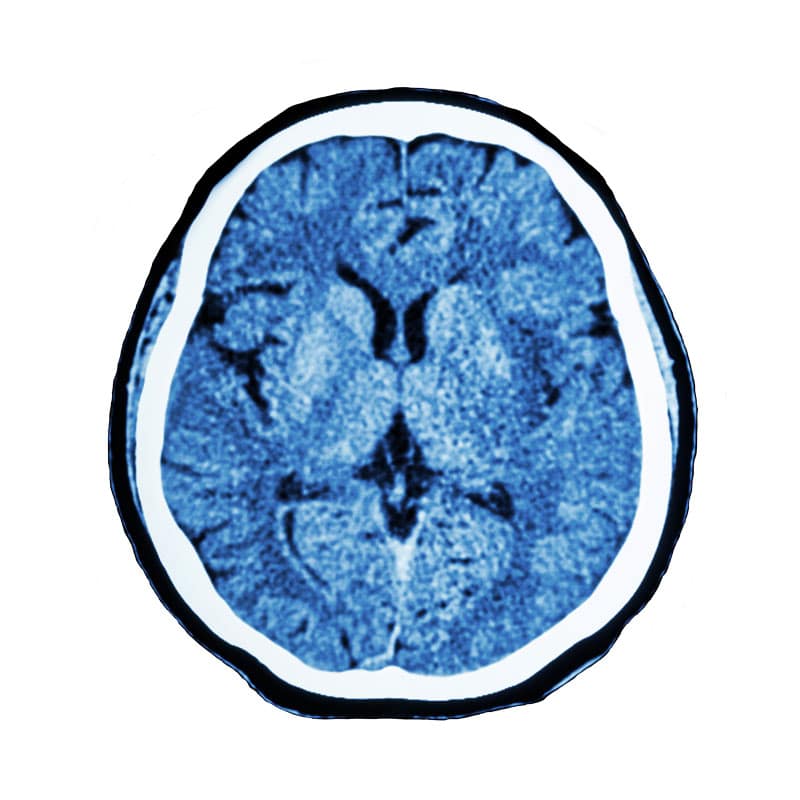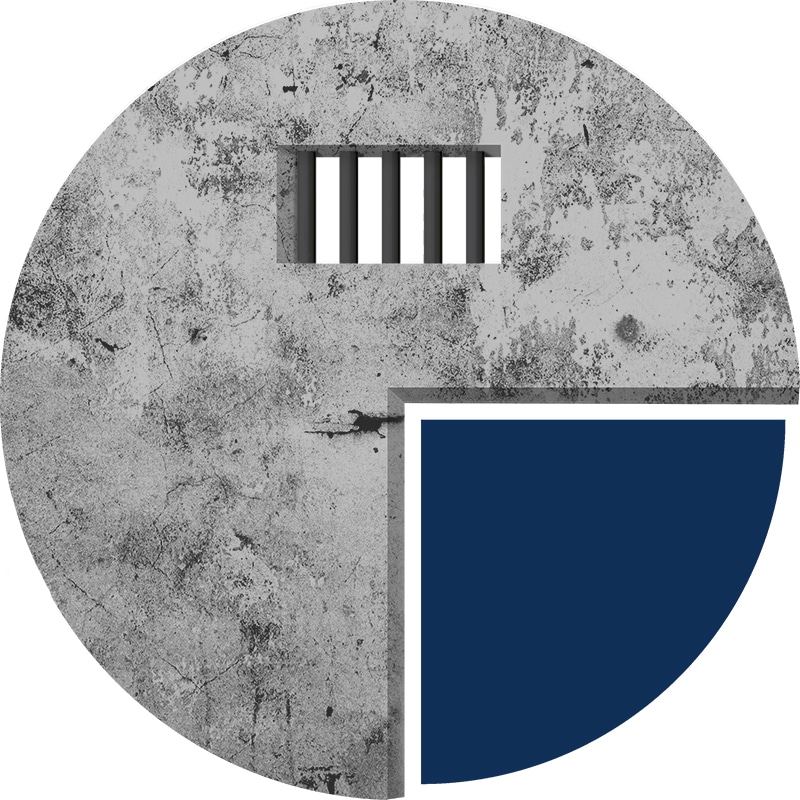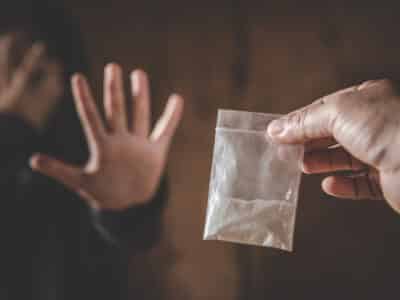Can Cocaine Abuse Make It Hard to Tell Right from Wrong?
For many, the ability to tell the difference between right and wrong is an easy distinction. Yet new research suggests cocaine abuse may compromise our ability to make moral decisions and impact how we view right from wrong.
If you or a loved one is having morality issues from cocaine abuse — Contact us right away at 855-299-4472.
Can Cocaine Abuse Affect Morals?

Those with a history of cocaine abuse or meth use had difficulty recognizing emotions in others, particularly fear and empathy. The brain scans also showed a decline in their neural activity in the frontal lobes and limbic regions of the brain, as well as in the amygdala, all of which are associated with how people experience emotion.
“This is the first study to suggest impairments in the neural systems of moral processing in both cocaine and methamphetamine users,” cited Fede. “Although further research into the connectivity of systems in stimulant use is needed, this provides a promising initial understanding of fronto-limbic deficits in stimulant users.”
Further Evidence of Cocaine’s Effect on Morals
In a similar study, researchers from nine different institutions in Spain published in Addiction Biology after performing brain scans on cocaine addicts in comparison to non-users. The researchers concluded that “Compared to people unaffected by drug use, individuals addicted to cocaine show obvious signs of reduced brain function when faced with the difficulty of making morally complex choices and trade-offs. They also concluded that, compared to people unaffected by drug use, individuals who does cocaine abuse have a significantly lower level of baseline function in the brain regions responsible for handling moral choices.”
“Cocaine addicts show reduced brain function when confronted with morally complex choices and trade-offs.”
Different Drugs may have Similar Effects
While research done by Fede and Kiehl and the intuitions in Spain showed the results of moral decisions on stimulants, different research shows other types of drugs may hold similar effects on the brain.
In a study performed by University College London and the University of Oxford, participants were tested through a number of ethically challenging experiments using mild electrical shock.[3] In one experiment, a group of people was divided into different groups, one given an antidepressant, another given medication used to treat Parkinson’s Disease, and a third placebo. They were then told they had the ability to choose between receiving an electric shock or delivering one to another anonymous test subject. The number of shocks received or given corresponded with an escalating pay scale used as an enticement.
“Half of these involved the deciders harming themselves, while the other involved their anonymous receiver taking the pain. In every case, the decider would pocket all the money.”
The results showed those on antidepressants and the drug for Parkinson’s were more likely to cause harm to others and with a quicker reaction time while those on the placebo were more inclined to inflict pain on themselves rather than cause it to others.
Cocaine Abuse in America

There are many factors that can lead to drug addiction. For somewhat begins as a recreational indulgence can branch into a debilitating addiction. Others are introduced to drugs at a young age, sometimes due to the pressure of social surroundings, while others have it handed down like an unfortunate inheritance by family members who also struggle with addiction.
Millions of people currently suffer from drug addiction in America, with cocaine being the second most abused illicit substance among people 12 years and older. Cocaine can cause powerful, short-lived highs followed by crippling lows and intense cravings for further use, gradually with increased frequency and dosage. Some signs of cocaine abuse to look out for are:
- Weight loss or lack of appetite during meal times
- Increased energy in the individual followed by a crash and burn cycle
- Wearing clothing that covers the skin to prevent visibility of track marks if cocaine is being injected
- Unexplainable loss of money or belongings
- Avoiding loved ones, family members or friends
- Lack of interest in things that were once enjoyed such as hobbies, sports or other aspects of life
While the effects of cocaine abuse can be numerous and often dependent on the individual user, prolonged use can cause deterioration of the mental and physical state, as well loss of personal and professional relationships. It’s because of this decline and the ever-growing need to sustain a high that becomes more and more difficult to attain that some are driven to desperate acts. A reported 75 percent of all inmates currently incarcerated in America have some form of life-long drug addiction.
Getting Help

It’s hard to say for certain the exact correlation between drug addiction and moral compass. Is an individual’s likelihood of developing drug addiction tied to a reduced ability to determine right and wrong or are drugs the cause of drug users’ moral ineptitude? Right now more research is needed to further examine how cocaine abuse may inhibit moral decisions and to what extent that has on immoral behavior.
For over a decade Behavioral Health Centers has been helping people overcome their addiction. Our caring and compassionate counselors are here to help you on the road to sobriety. If you or someone you know has a problem with cocaine, know that help is just a call away. Behavioral Health Centers is here for you 24/7 and ready to lend assistance. You can contact us today to speak with one of our professional counselors.





